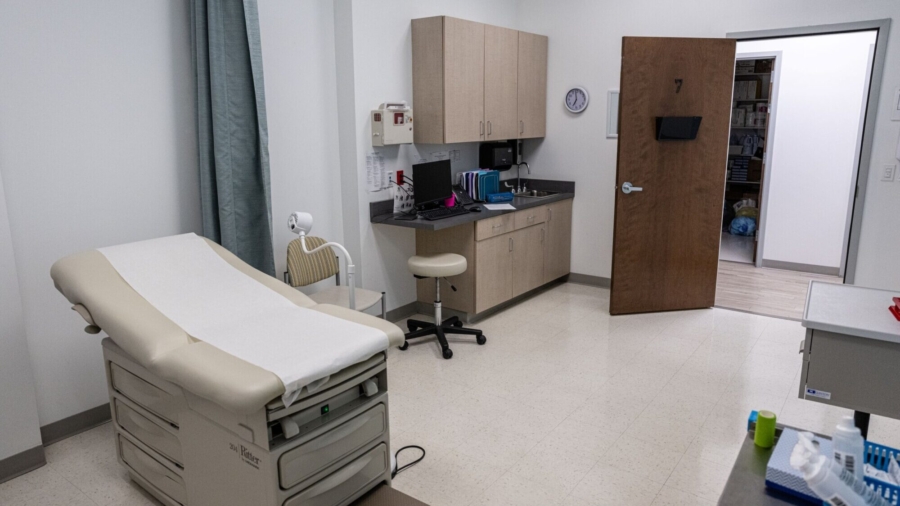The Department of Health and Human Services (HHS) said Monday that hospitals must provide abortions in emergency situations when a woman suffering from an emergency medical condition needs to be stabilized.
“Under the law, no matter where you live, women have the right to emergency care—including abortion care,” said HHS Secretary Xavier Becerra in a statement. “Today, in no uncertain terms, we are reinforcing that we expect providers to continue offering these services, and that federal law preempts state abortion bans when needed for emergency care.”
Under federal law, he added, “women have the right to emergency care—including abortion care.” The statement was issued alongside guidance via the Centers for Medicare and Medicaid Services.
Becerra claimed that a federal statute called the 1986 Emergency Medical Treatment and Active Labor Act allows providers to use their own clinical judgment in the actions that they can take to provide treatment during emergency medical conditions. That federal law, he said, supersedes state abortion bans in emergency circumstances.
The statute “requires that Medicare hospitals provide all patients an appropriate medical screening, examination, stabilizing treatment, and transfer, if necessary, irrespective of any state laws or mandates that apply to specific procedures,” the HHS news release said.
If a hospital violates the statute, the facility could lose its Medicaid and Medicare provider agreements, while an individual physician could face civil penalties.
More Action
It comes three days after President Joe Biden signed an executive order to ensure that women can obtain abortions. In that order, Biden directed HHS to expand access to a drug known as Mifeprex, which can terminate a pregnancy up to the 10th week of pregnancy, among other measures.
Weeks before that, the Supreme Court overturned Roe v. Wade, a 1973 decision that argued women have a constitutional right to get an abortion, which many religious and conservative groups have long described as murder. Justice Samuel Alito, in the majority opinion, wrote that state legislatures should be the ones to determine whether abortion should be legalized or banned.
A number of states have banned or are working to ban abortions following the Supreme Court decision. However, judges in some states have placed temporary blocks on such laws, allowing abortions to continue.
Over the weekend, Biden told reporters in Delaware that he’s considering declaring a public health emergency following the ruling.
“I don’t have the authority to say that we’re going to reinstate Roe v. Wade as the law of the land,” Biden told reporters on July 10. But days before that, White House official, Jen Klein, told reporters that declaring an emergency “didn’t seem like a great option.”
Democrat House lawmakers have signaled they are planning on voting on a bill aimed at codifying Roe v. Wade into law in the near future. Some have pushed to get rid of the filibuster rule in order to push the bill through in the Senate.
From The Epoch Times


